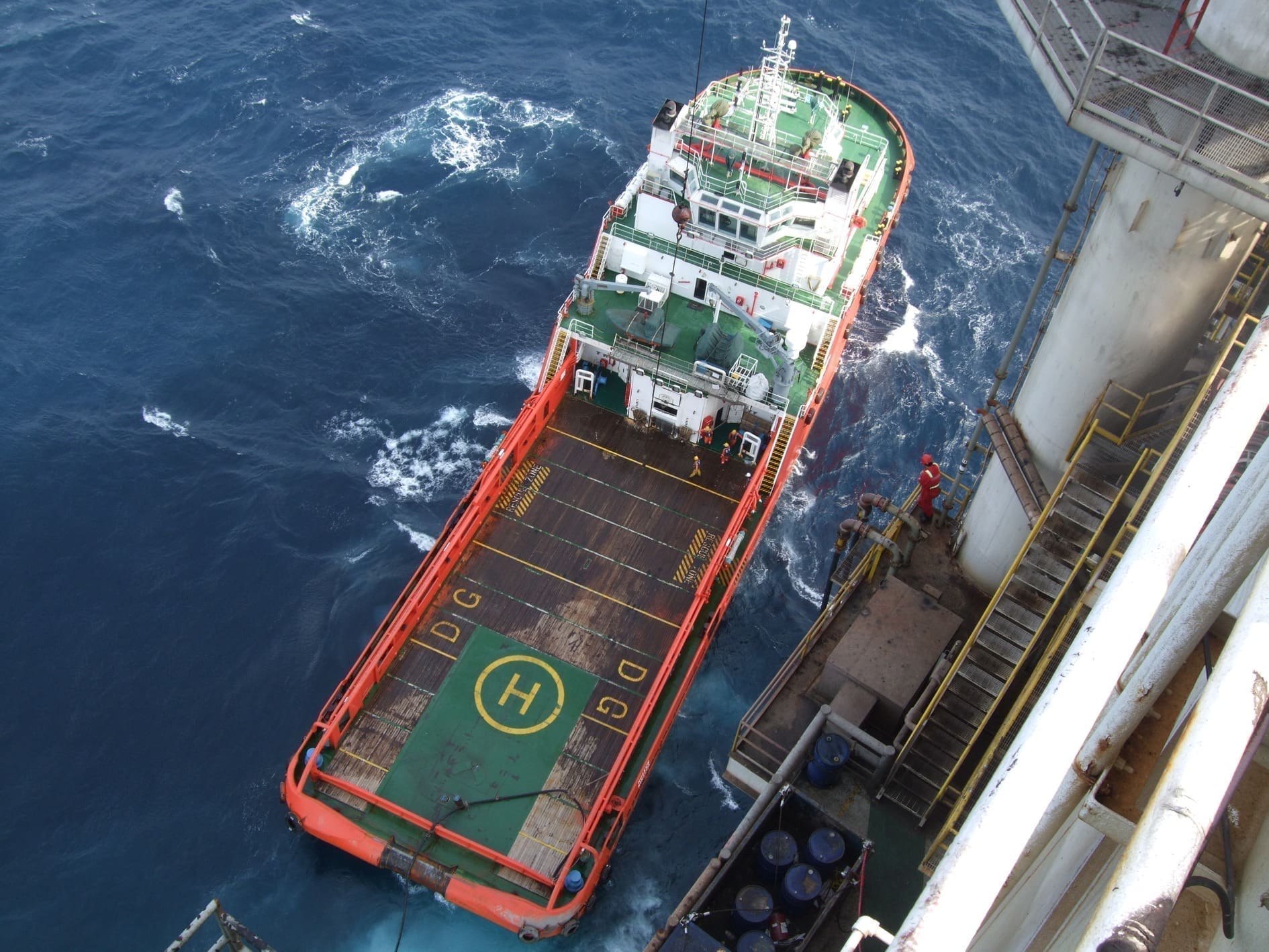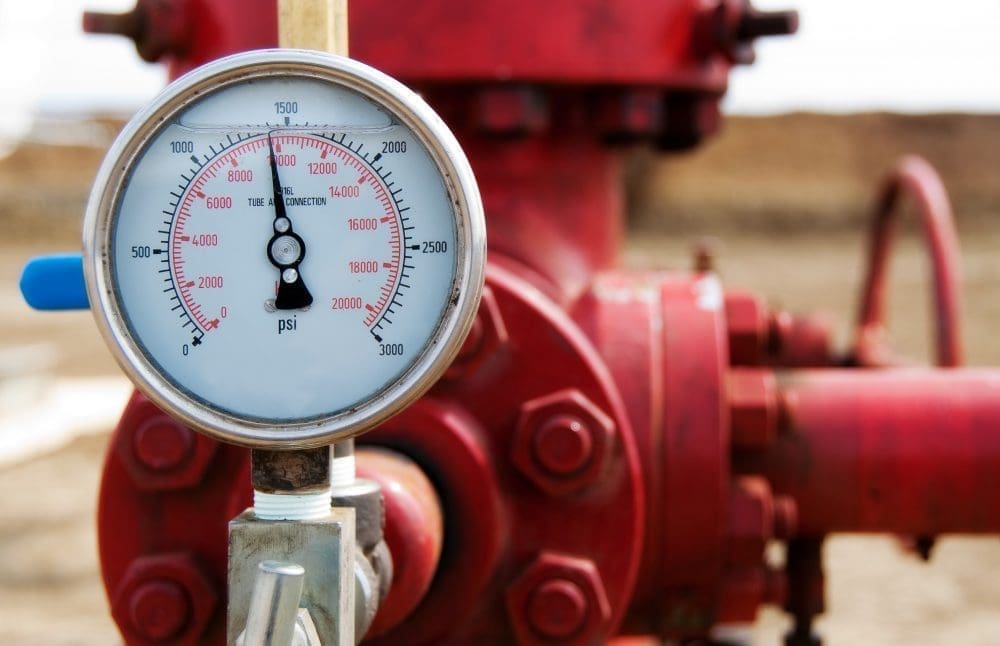Widely recognised as one of Europe’s leading exploration and production events, Offshore Europe brings together technical experts from across the world to share insights and build new relationships.
As a company that has been helping oil and gas supply chains work more effectively, productively and sustainably for decades, there was no way we would miss it.
This year’s theme was the industry’s ongoing transition towards zero carbon, and the opportunities and challenges being encountered by buyers and suppliers. With over 38,000 attendees over the course of the three-day event, the venue in Aberdeen was a mass of innovative technology and cutting-edge solutions to the most pressing issues the offshore industry faces today.
Achilles sales manager Gareth Adams, was there for the whole event, checking out talks and speaking with suppliers and buyers about how the industry is changing and how supply chains can adapt. Here are his three main takeaways from the event:
Sustainability is not just about compliance
Operating sustainably was a key concern of everyone who was attending Offshore Europe this year, but the term has different meanings for different companies. While many of the speakers focused on automation, AI and other transformative technologies as ways to reduce emissions and cut waste, the challenge of sustainability is often about more than just harnessing technology.
For companies operating in the UK for example, there has been a big focus on human rights and modern slavery in recent years. As part of the Modern Slavery Act 2015, companies that supply goods or services in the UK and have an annual turnover of £36 million or more must publish an annual modern slavery statement detailing their organisational and supply chain structure, due diligence and polices. For other companies, the challenge of sustainability is more about minimising wastage or emissions.
A prevailing theme of the conference was that sustainability is not about ticking boxes. We have been vocal proponents of the idea that becoming more sustainable is about implementing an organisational mindset of continuous improvement, and have helped a lot of companies understand their environmental impact and create viable reduction strategies.
Supply chain visibility is a key concern
The majority of the companies we spoke to at Offshore Europe 2019 would like to have more global visibility over their supply chains. There are a number of potential benefits to this. Some companies favour an acquisition-heavy approach such as Worley, need high levels of oversight to monitor how the various parts of their global operations are working, while others simply want to have a better degree of knowledge about the lower tiers.
Either way, we saw a real appetite for effective supply chain mapping among the buyers we spoke to. Our prediction is that the offshore industry will start to really embrace this process over the next decade, and we look forward to applying our deep insight, expertise and data analysis to provide companies with more visibility.
There is still a lot to do about digitalisation
The World Economic Forum estimates that digitalisation represents an opportunity of over $1 trillion for the oil and gas industry. With operations and supply chains that are facing global challenges around supply disruption, keeping production costs low and maintaining asset health, digital technology offers a high degree of potential. From lowering production costs and increasing operational efficiency by making equipment safer and less in need of maintenance, to lowering wastage and non-productive time, digitalisation can make the offshore industry safer, smarter and faster.
Unfortunately though, the procurement sector is still lagging behind when it comes to embracing the potential power of digitalisation. Despite a clear appetite among the companies we spoke to at Offshore Europe, and those in our communities, lack of budget and the problem of ageing, legacy systems are common obstacles procurement professionals face. Our cross-sector expertise allows us provide insight gleaned from across the world and different industries approaches to supply chain management.
If there was one thing that Offshore Europe 2019 made clear it’s that the offshore industry is going through big changes. Both buyers and suppliers are looking to adapt the way they work together in order to meet the challenges of sustainability and supply disruption. We have the products and services to not only help manage this change effectively, but create more productive and transparent supply chains in the process.
Request a call back to learn more about our services and communities today.


